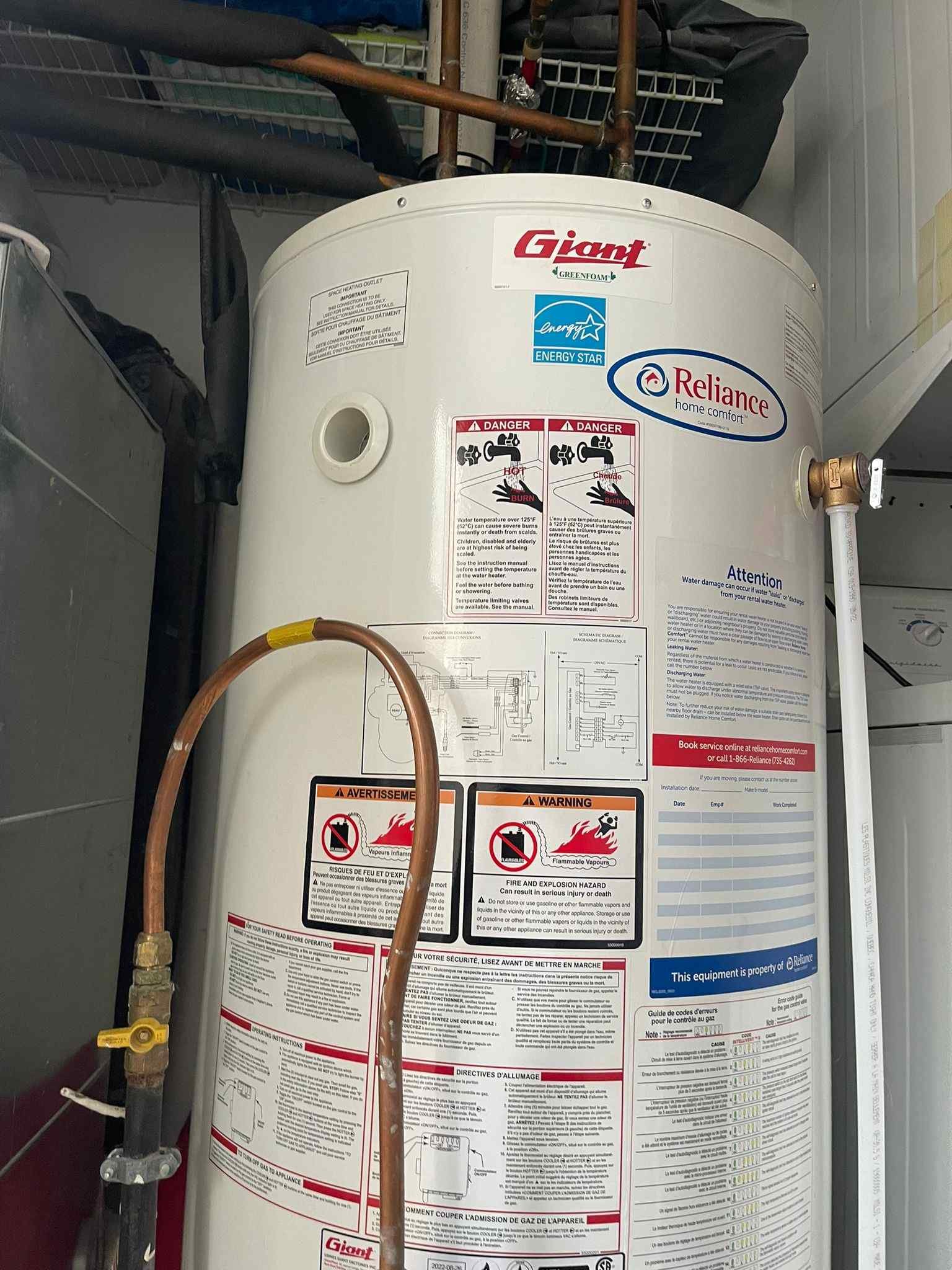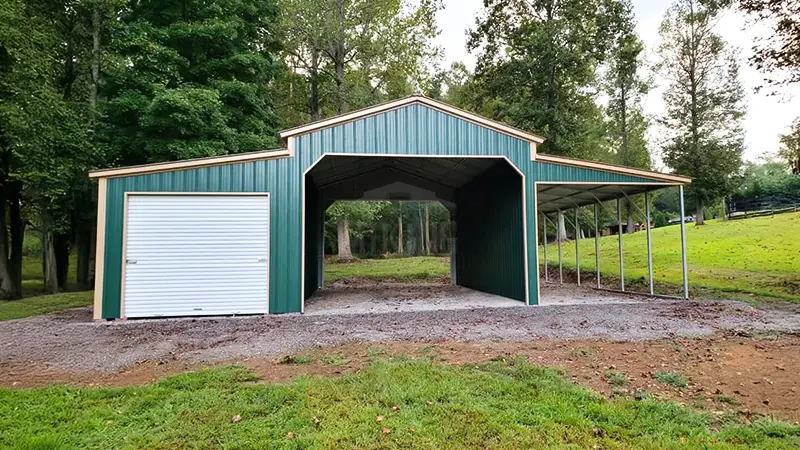Water Heater Repair
Water heaters are essential appliances, providing hot water for daily tasks like showers, cleaning, and cooking. However, like any equipment, they can encounter issues that impact performance. Addressing water heater problems early on ensures efficient operation, prolongs the appliance’s lifespan, and can save on costly replacements. This guide explores practical repair tips, helps you identify common issues, and offers advice on when to seek professional assistance.
Common Water Heater Issues and Solutions
Water heaters can experience several common problems due to wear and tear, usage patterns, or environmental factors. Recognizing these issues early can help prevent further damage and keep your water heater running smoothly.
Troubleshooting No Hot Water
One of the most frequent issues with water heaters is a lack of hot water. This can stem from various causes, depending on whether you have a gas or electric unit. Here’s how to troubleshoot this problem effectively:
Check Power Supply
For electric heaters, the first step is to verify that the unit is receiving power. Check the circuit breaker to ensure it hasn’t tripped. If the breaker is functioning, inspect the thermostat settings to ensure they are correct. Adjusting the thermostat might resolve minor heating issues.
Inspect Heating Elements
Electric water heaters rely on heating elements, which can wear out over time. If your water heater is receiving power but still not heating, one of the heating elements may have failed. Using a multimeter to test each element can help identify if they need replacement.
Examine the Pilot Light
In gas water heaters, a malfunctioning pilot light is often the reason for no hot water. Ensure the pilot light is on and check the gas valve to see if it is set to “On.” If the pilot light won’t stay lit, you might have a faulty thermocouple, which should be examined and possibly replaced by a professional.
Build-Up in the Tank
Sediment build-up in the water heater tank is another frequent issue, especially in areas with hard water. Over time, minerals from the water settle at the tank’s bottom, leading to reduced heating efficiency and sometimes strange noises from the appliance.
Flush the Tank
Regularly flushing the tank can help prevent sediment build-up. To do this, turn off the water heater, drain the tank, and then flush it by opening the cold water supply until clear water flows from the tank. This maintenance step enhances efficiency and extends the heater’s life.
Install a Water Softener
In areas with particularly hard water, installing a water softener can help reduce mineral build-up within the tank, minimizing future sediment issues. This preventative measure may be beneficial for households relying on well water or in regions where mineral content is high.
Fixing Water Temperature Fluctuations
If you notice fluctuations in water temperature, it could indicate a thermostat issue, incorrect water heater size, or other malfunctions within the appliance.
Check Thermostat Settings
Inconsistent water temperatures may be a result of incorrect thermostat settings. Adjust the thermostat to the desired temperature, typically around 120°F for optimal performance and safety. If adjusting the settings doesn’t resolve the issue, the thermostat may need replacement.
Consider Water Heater Size
Water heaters that are too small for household needs will struggle to provide consistent hot water. Assess your household’s water consumption to determine if an upgrade to a larger unit is necessary, especially if your water heater is undersized.
When to Call a Professional for Water Heater Repair
While many water heater issues can be resolved with basic troubleshooting, some repairs require a professional’s expertise. Knowing when to call for help can prevent further damage and ensure your water heater operates safely.
Addressing Leaks
Leaks are a serious issue for water heaters, often indicating a faulty component or tank damage. Common leak sources include the drain valve, pressure relief valve, or the tank itself.
Repairing Leaks Around the Drain Valve
If water is leaking from the drain valve, it might be due to a loose valve or a damaged seal. Tightening the valve can sometimes resolve minor leaks. If the leak persists, consider replacing the drain valve, as it could be a sign of wear.
Fixing Pressure Relief Valve Leaks
A leaking pressure relief valve usually indicates excessive pressure or temperature within the tank. Test the valve by lifting its lever to release some water. If it continues to leak, it may need to be replaced to ensure safe operation.
Replacing a Faulty Thermocouple
In gas water heaters, a broken thermocouple can prevent the pilot light from staying lit. The thermocouple senses the pilot flame, and if faulty, it will shut off the gas supply as a safety measure. Replacing the thermocouple can typically resolve this issue, but this repair is best handled by a technician.
Repair Tips for Improving Efficiency and Lifespan
Maintaining your water heater can greatly impact its performance and lifespan. Simple repairs and preventive actions can keep the unit running efficiently and delay the need for a replacement.
Insulating the Heater and Pipes
Water heater insulation reduces heat loss, allowing the unit to maintain temperature with less energy. Additionally, insulating the pipes leading to and from the heater can further improve efficiency, especially if the heater is located in an unheated area.
Inspecting Anode Rods
Anode rods attract corrosive elements within the water to protect the tank from rust. Over time, these rods wear down and should be replaced to continue protecting the tank. Regularly checking and replacing the anode rod can prevent corrosion and extend the tank’s life.
Setting the Correct Temperature
Keeping the water heater at an optimal temperature, typically around 120°F, balances energy efficiency with comfort. Lowering the temperature slightly can reduce energy consumption without sacrificing hot water supply.
FAQs about Water Heater Repair
How often should I flush my water heater?
Flushing the water heater annually is recommended to prevent sediment build-up. In areas with hard water, consider flushing it every six months for optimal performance.
What is the average lifespan of a water heater?
Water heaters generally last between 8 to 12 years, depending on maintenance, water quality, and usage. Regular maintenance can help extend this lifespan.
Why is my water heater making noises?
Noises often result from sediment build-up at the bottom of the tank. Flushing the tank usually resolves this issue, improving heating efficiency and reducing noise.
Is it normal for the pressure relief valve to release water?
Occasionally releasing water is normal, as it helps relieve excess pressure in the tank. However, if the valve frequently leaks, it may indicate an issue with pressure regulation.
Can I repair a leaking tank myself?
A leaking tank often indicates internal corrosion and is usually not repairable. It’s best to replace the water heater if the tank itself is leaking.
Final Verdict on Water Heater Repair
Water heater repair is essential for maintaining hot water availability and efficiency in your home. Regular maintenance tasks like flushing the tank, inspecting the anode rod, and adjusting the thermostat can prevent common issues. However, recognizing when to call a professional—especially for gas line or pressure valve repairs—ensures safe and effective operation. By taking proactive steps, you can extend the lifespan of your water heater and avoid costly replacements, ensuring consistent hot water for years to come.












Leave a Reply